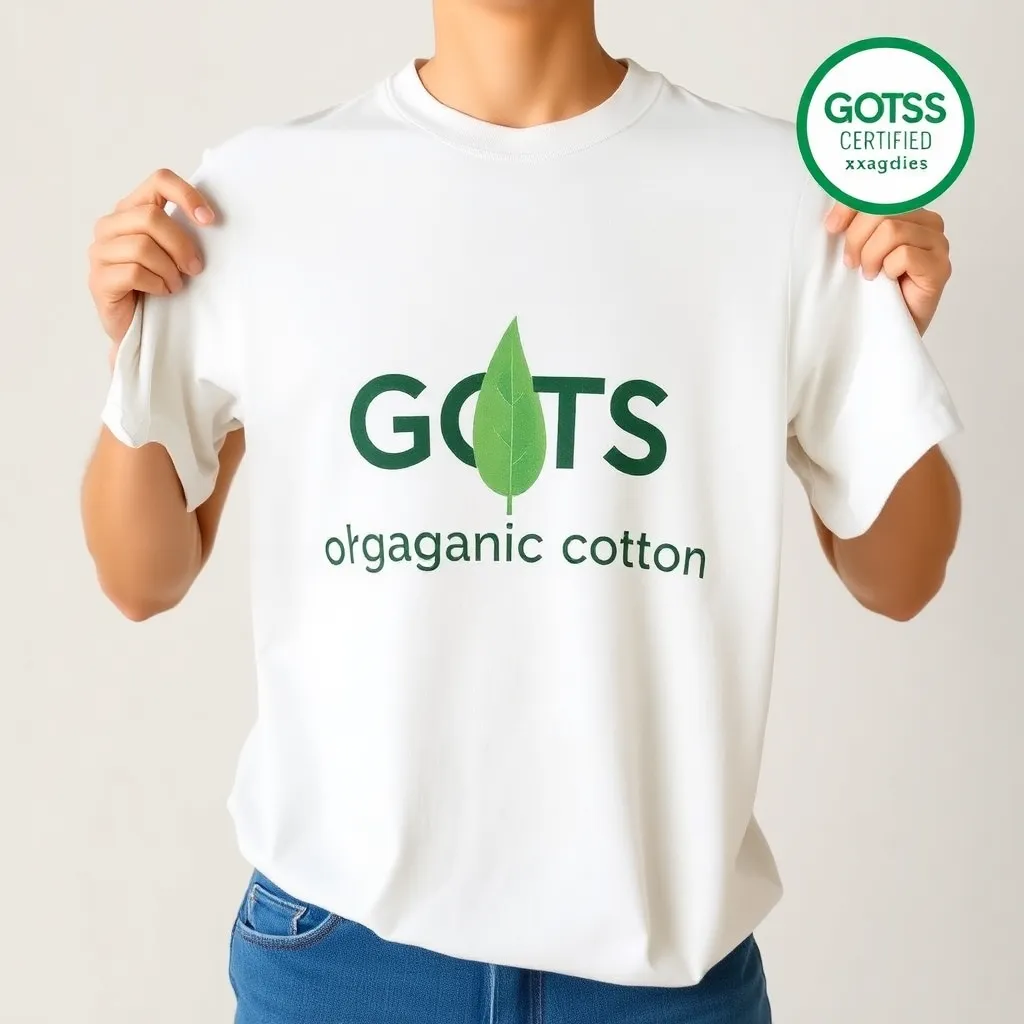Sustainable Fashion 101: Why You Should Opt for Eco-Friendly T-Shirts
The fashion industry’s impact on the environment cannot be overstated, with the production, processing, transportation, and disposal of garments contributing to greenhouse gas emissions, water pollution, and waste management issues. According to the United Nations Environment Programme, the fashion industry is responsible for around 10% of global greenhouse gas emissions, with fast fashion being a significant driver of this trend.
Fast fashion’s business model, which emphasizes quick turnover of trendy and affordable clothing, has led to a culture of disposability, with many garments being worn only a few times before being discarded. This has resulted in an estimated 12.8% of global greenhouse gas emissions coming from the production, processing, and transportation of synthetic fibers like polyester, nylon, and acrylic, which are commonly used in fast fashion.
In contrast, eco-friendly t-shirts made from sustainable materials like organic cotton, recycled polyester, or Tencel have a significantly lower environmental impact. These materials require less water, energy, and pesticides to produce, resulting in lower greenhouse gas emissions and less waste. Additionally, many eco-friendly t-shirt brands prioritize fair labor practices, ensuring that workers involved in the production process are treated fairly and with dignity.
By choosing eco-friendly t-shirts, consumers can make a significant impact on reducing the fashion industry’s environmental footprint. According to a study by the Ellen MacArthur Foundation, if the fashion industry adopts circular business practices, it could reduce greenhouse gas emissions by 28% by 2030. As consumers, we have the power to drive this change by making conscious purchasing decisions and supporting brands that prioritize sustainability.
The Dark Side of Fast Fashion
The fast fashion industry’s “take, make, dispose” approach has devastating environmental consequences. The production process relies heavily on toxic chemicals, which can pollute waterways and harm ecosystems. For instance, the World Health Organization (WHO) reports that exposure to these chemicals can have severe health impacts on humans and wildlife alike.
In addition to chemical pollution, fast fashion’s massive water usage is a significant concern. The industry is responsible for around 20% of global wastewater production, according to the Ellen MacArthur Foundation (EMF). This excessive water usage not only depletes natural resources but also contaminates waterways, affecting entire ecosystems.
The exploitation of workers is another dark side of fast fashion. Garment workers, often in developing countries, are subjected to poor working conditions, long hours, and low wages. This exploitation is deeply intertwined with the industry’s focus on speed and low costs, perpetuating a cycle of poverty and inequality.
The environmental impact of fast fashion doesn’t stop at production. The majority of fast fashion items ultimately end up in landfills or incinerators, contributing to greenhouse gas emissions and climate change. The United States Environmental Protection Agency (EPA) reports that the fashion industry is responsible for around 12% of global greenhouse gas emissions, making it a significant contributor to climate change.

The Benefits of Eco-Friendly T-Shirts
The shift towards eco-friendly t-shirts is a significant step in reducing the fashion industry’s ecological footprint. Traditional t-shirts are often made from non-renewable resources, such as synthetic fibers, which contribute to greenhouse gas emissions and microplastic pollution. In contrast, eco-friendly t-shirts are crafted from sustainable materials that minimize harm to the environment.
Organic cotton, for instance, is grown without toxic pesticides or synthetic fertilizers, promoting healthier soil and reducing water pollution. Recycled polyester, on the other hand, is made from post-consumer plastic waste, decreasing the amount of waste that ends up in landfills and oceans. Tencel, a sustainable form of lyocell fiber, is produced through a closed-loop system that recycles 99% of solvents and water.
The benefits of eco-friendly t-shirts extend beyond environmental conservation. They also promote fair labor practices, ensuring that workers involved in the production process are treated with dignity and respect. According to the Fairtrade Foundation, fair trade practices can significantly improve the livelihoods of cotton farmers and workers.
By choosing eco-friendly t-shirts, consumers can make a positive impact on the environment and support responsible manufacturing practices. With the growing demand for sustainable fashion, it’s becoming increasingly easier to find affordable and stylish eco-friendly t-shirts that align with personal values and contribute to a more environmentally conscious lifestyle.
What Makes a T-Shirt Eco-Friendly?
When it comes to making an environmentally conscious fashion choice, certifications play a crucial role in ensuring that the production process meets high standards. GOTS (Global Organic Textile Standard) is a well-known certification that guarantees the organic status of textiles, from harvesting to manufacturing. This certification is recognized globally and provides assurance that the production process is environmentally friendly and socially responsible.
Oeko-Tex is another reputable certification that ensures textiles meet certain standards for safety, sustainability, and transparency. By opting for t-shirts with these certifications, consumers can trust that their purchase is supporting a more sustainable fashion industry. According to the Global Organic Textile Standard website, GOTS certified facilities must meet strict criteria, including the use of organic cotton, reduced water and energy consumption, and fair labor practices.
In addition to choosing certified eco-friendly t-shirts, consumers can also make a positive impact by opting for second-hand or upcycled t-shirts. This approach reduces waste and supports a circular economy, where materials are kept in use for as long as possible. By giving old t-shirts a new life, we can reduce the demand for new, resource-intensive garments and decrease the amount of textile waste that ends up in landfills.
By making informed choices when shopping for t-shirts, consumers can contribute to a more sustainable fashion industry. Whether it’s opting for certified eco-friendly t-shirts or choosing second-hand options, every decision counts. As the fashion industry continues to evolve, it’s essential to prioritize environmental and social responsibility to create a better future for generations to come.

Conclusion: Join the Sustainable Fashion Movement
The fashion industry is one of the largest polluters in the world, with the production and distribution of clothing contributing significantly to greenhouse gas emissions, water pollution, and waste management issues. By opting for eco-friendly t-shirts, individuals can make a positive impact on the environment and encourage the industry to adopt more sustainable practices.
Eco-friendly t-shirts are made from environmentally friendly materials, such as organic cotton, recycled polyester, or Tencel, which have a lower carbon footprint compared to traditional materials. These materials also require less water and energy to produce, reducing the strain on natural resources.
Moreover, choosing eco-friendly t-shirts promotes a culture of sustainability and responsibility in the fashion industry. As consumers become more conscious of their purchasing decisions, brands are incentivized to adopt environmentally friendly practices, reducing waste and pollution throughout the entire supply chain.

